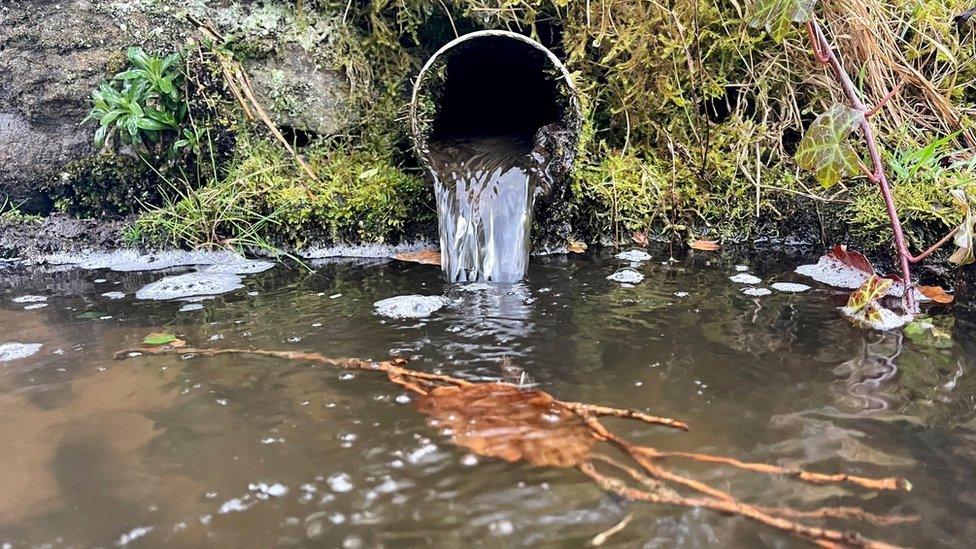Drugs, pesticides and medicine found in south coast seawater
- Published
- comments
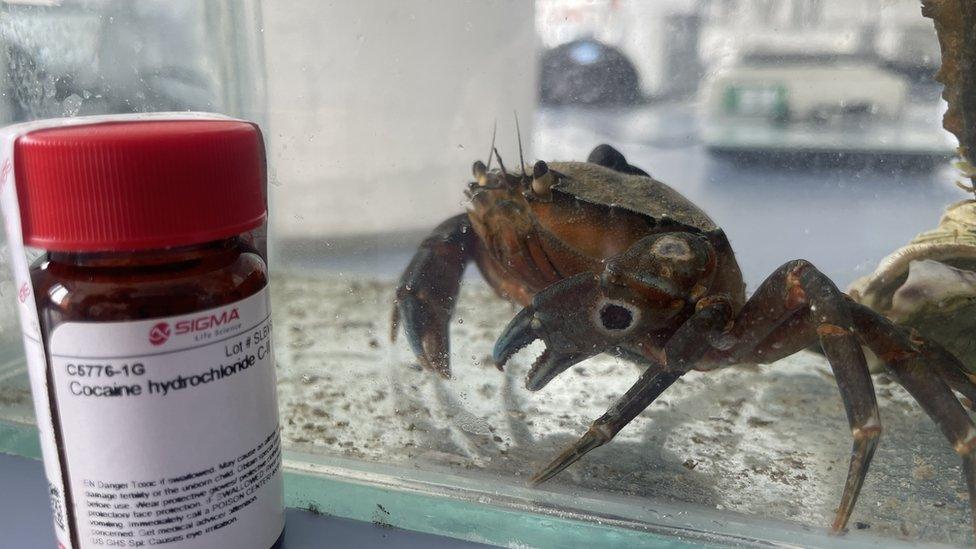
Researchers have been studying the impact of drugs on marine creatures
Recreational drugs, pesticides and medicines have been found in seawater samples collected off the south coast of England.
Researchers from Brunel and Portsmouth universities analysed nearly 300 samples from Langstone and Chichester harbours, in Hampshire and West Sussex.
The samples were collected in 2022 by a group of concerned residents who raised the money for professional testing.
The researchers said they found more than 50 different chemical compounds.
They include commonly prescribed medicines to treat conditions such as type 2 diabetes and high blood pressure, as well as nicotine and benzoylecgonine, which is produced by the liver after cocaine use.
Each of the 23 sites sampled had, on average, traces of 19 different compounds.
Both harbours have outflow pipes from water treatment plants that regularly discharge raw sewage and the enclosed water can slow down the flow of effluent to the open sea.
Prof Alex Ford, from the University of Portsmouth, has been studying the impact of the chemicals on marine life and said he had found traces of many of the chemicals inside the bodies of aquatic creatures like crabs and shrimp.
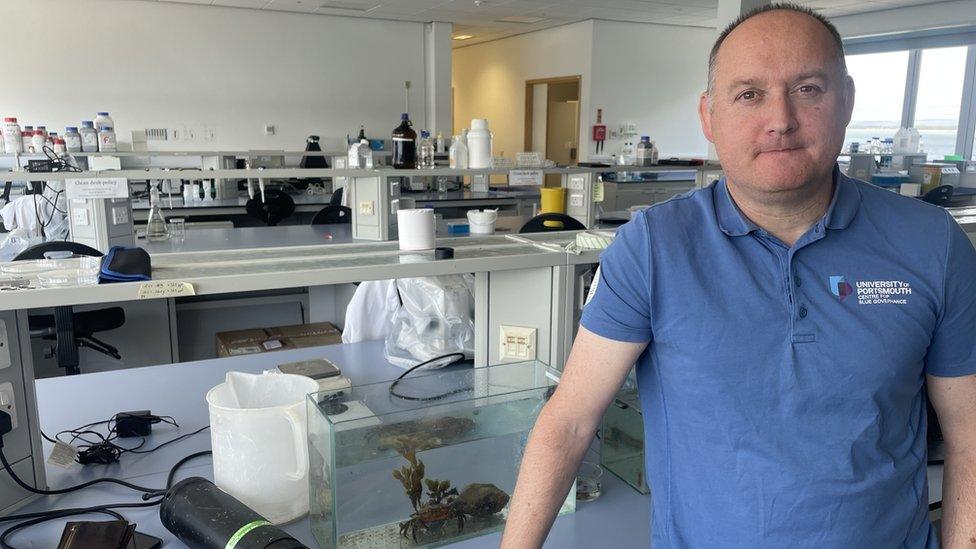
Prof Ford said the sample results should be taken seriously
He told the BBC that the concentration level was still being determined but said the drugs were likely to be having similar effects on animals as they do on humans.
"If you give them antidepressants that were designed to affect human behaviour, they affect the behaviour of these organisms too," he explained.
"They will swim differently, they'll behave differently and they'll behave with each other differently.
"We've got to take this seriously because there are chemicals harming our wildlife now, which we banned 30 years ago and they're still having effects now."

Follow BBC South on Facebook, external, Twitter, external, or Instagram, external. Send your story ideas to south.newsonline@bbc.co.uk, external.
- Published14 December 2022
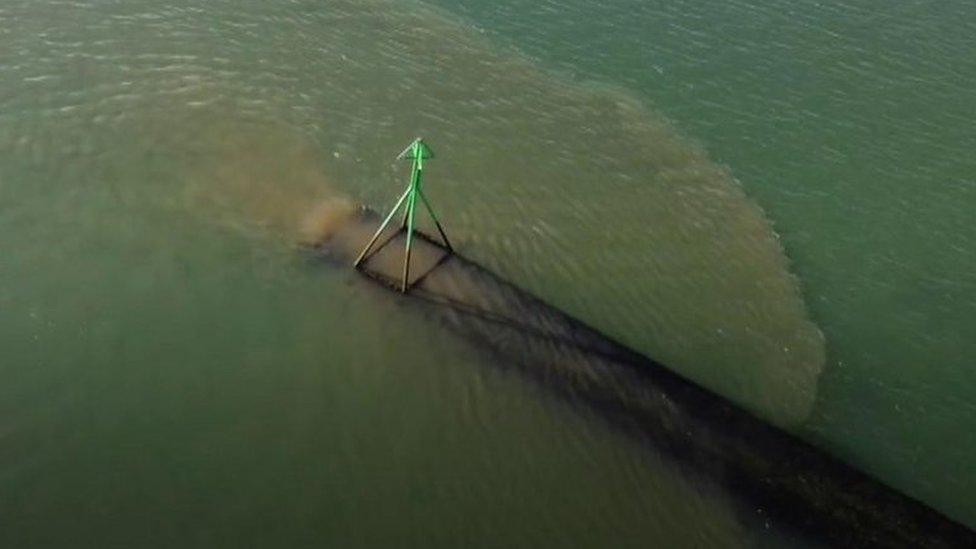
- Published9 November 2022
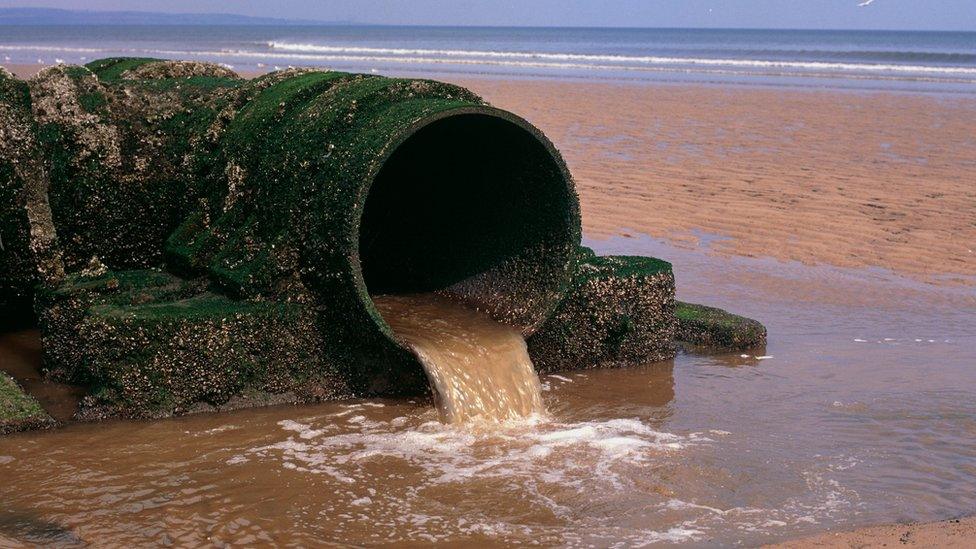
- Published7 November 2022
